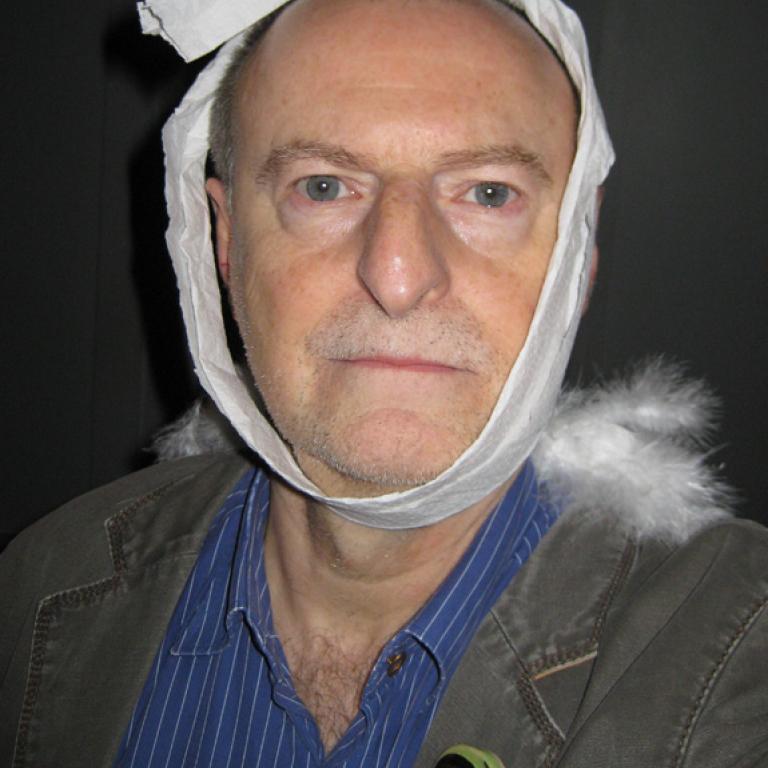EPISODE NOTES (click through for transcript and more)
We talk Ars Electronica, an annual festival for art, technology and society in Linz, Austria. In a collaboration with Ars Leonardocast, Kenneth Azurin and Dawn Faelnar interview Dutch fashion and textile designer Hellen van Rees about her projects at Ars 2018. Leonardo’s Vanessa Chang introduces [Anti]disciplinary Topographies for Ars 2021. The first winner of the Prix Ars Electronica, Brian Reffin Smith, reviews Lead in Modern and Contemporary Art edited by Sharon Hecker and Silvia Bottinelli.



















